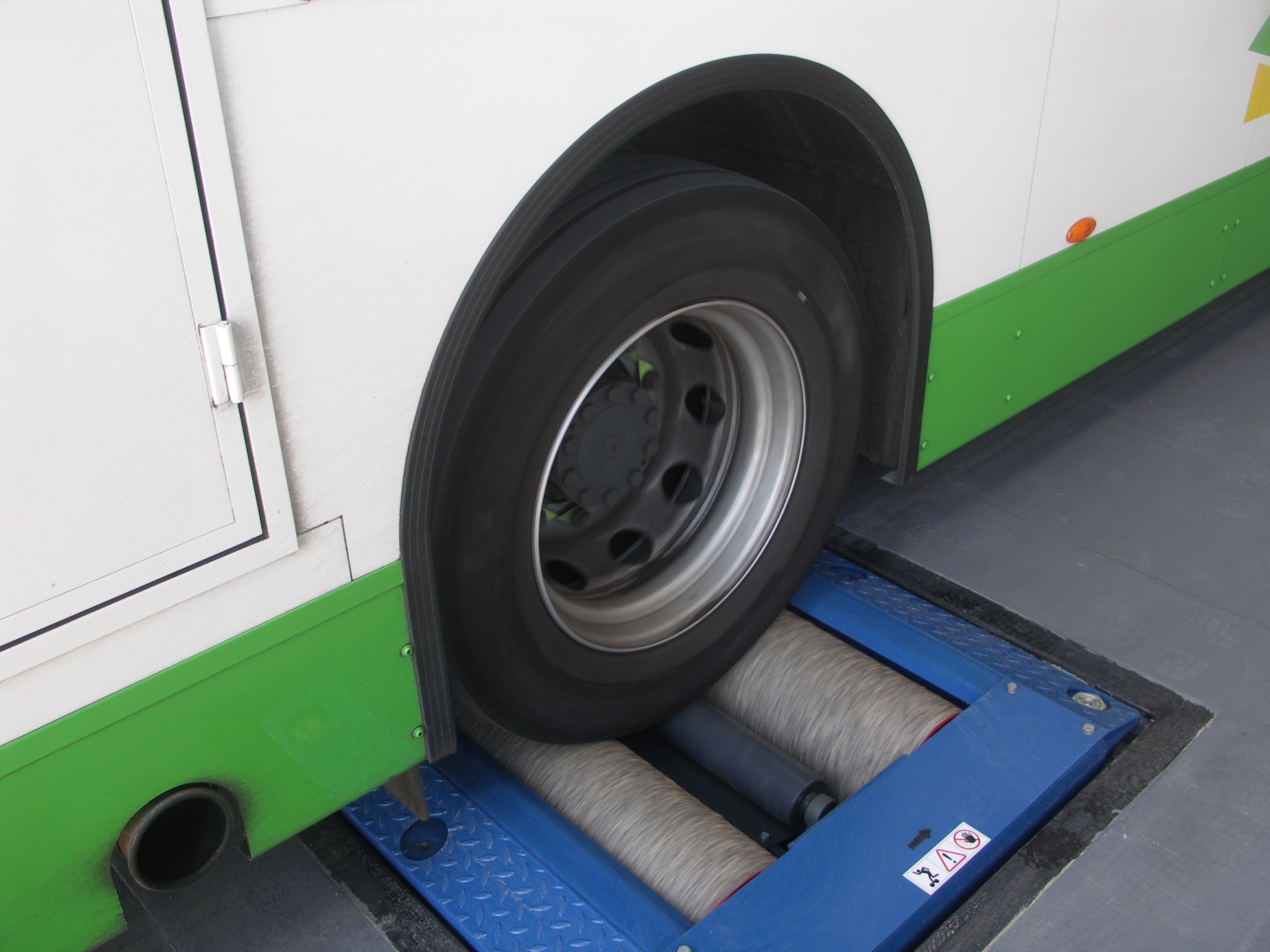It’s hard enough maintaining a PSV O-Licence efficiently in a market governed by strict rules and legislation, yet operators have so much more to deal with on a daily basis. Croner-i Passenger Transport brings together all the information a road passenger transport operator needs to remain compliant.
Croner-i offers advice on maintaining an O-Licence in the UK, employment and driver issues and practical information for coach operations throughout Europe. In this month’s routeone column, it answers questions on the workplace risk assessments that businesses must carry out when planning for employees to return to work.
Coronavirus COVID-19 risk assessment FAQs
Q: We have existing, up-to-date risk assessments for our business. Why do we have to do them again?
A: The government requires organisations to carry out specific coronavirus COVID-19 risk assessments for workplaces and at-risk staff. These are not the same as the pre-pandemic risk assessments for your workplace and work activities. All the usual health and safety requirements still apply at your workplace, but you must now also factor in the danger posed by the virus.
Q: Do all businesses have to carry out coronavirus COVID-19 risk assessments, however small they are?
A: Yes. Regardless of the number of employees within an organisation, or the size of the business, it must complete a coronavirus COVID-19 risk assessment.
Q: What are the legal requirements for coronavirus COVID-19 risk assessments?
A: The Health and Safety at Work, etc Act 1974 imposes a duty on employers to “ensure, so far as is reasonably practicable, the health, safety and welfare at work” of all employees. The Management of Health and Safety at Work Regulations 1999 oblige employers to carry out “suitable and sufficient” assessments of the risks to the health and safety of their employees to which they are exposed while at work, as well as the risks to non-employees who may be affected by their activities.
The government published a series of Working Safely guidelines in May, which aim to make the UK workforce’s return to work as safe as possible. As an introduction to this, the government summarised the “Five Steps to Working Safely”. The first step is to carry out a coronavirus COVID-19 risk assessment in line with the guidance and in consultation with workers or trade unions and to share the risk assessment with the workforce.
Q: How soon after reopening the workplace should we have the risk assessment completed?
A: The coronavirus COVID-19 risk assessment must be completed before employees return to the workplace, so it is worth starting it as soon as possible.
Q: Why are coronavirus COVID-19 risk assessments important?
A: Undertaking a risk assessment is not just important. It’s essential for a number of reasons:
- It is a legal requirement for employers
- It may determine your capacity to reopen as a business or highlight work activities that cannot be safely undertaken at the moment
- The risk assessment will identify which employees can return to work first and who might need to stay at home or be protected with special measures
- It will help to highlight the controls needed to combat the risk of infection in the workplace and keep your workforce safe
- It can be used to reassure your employees that you are taking their safety seriously. The risk assessment can also demonstrate to enforcement agencies that you have assessed the risks and implemented reasonably practicable control measures.
Q: What should a coronavirus COVID-19 risk assessment at work cover?
A: The organisation should consider the following:
- Business hazards. Investigate your business premises to determine the risks working in the environment will pose. Your findings will depend on the type of business you have, with regard to the government’s guidelines on social distancing and other safety measures
- Potential risks to employees. Once you have identified the risks present, you should consider how that affects your members of staff — on an individual basis. That will depend on the type of job each employee performs, but also on any particular risk factors they may face personally in terms of the virus, e.g. cancer, diabetes, obesity, ethnicity, age and even sex
- Potential risks to others. You should also review who else may have dealings with your business. That will include delivery drivers, customers, clients, contractors, visitors — again, consider how they interact with your business and what risks arise both for the business and for them
- The control measures required. Finally, and importantly, you must review your findings and put in place the steps to manage the situation. Again, this will depend on the business and its employees. Social distancing will be a major priority — most businesses will have to take steps to maintain the correct distance between people — as will be a more frequent cleaning schedule.
Ultimately, the control measures arising from your risk assessment will only prove successful if your employees (and your business) adhere to it. So, once you have the results available — and your plan of action — communicate and enforce the new procedures.
Also, it is important to review your assessment regularly. You may need to adjust procedures on a regular basis. Official guidance is changing all the time.
Q: How do we go about identifying employees to return to work first?
A: It is important to review your employees on an individual basis. That will help to determine which are more at risk of adverse consequences, should they catch the virus.
Remember, at the moment the government advises that employees who can work remotely should continue to do so.
In considering which employees should return to the workplace, you should bear in mind:
- Whether an individual has an underlying health condition and by what factor this increases their risk of suffering badly from coronavirus COVID-19 (if they are of high or moderate risk, then they should not return to work)
- Whether they can do their job remotely
- If it is essential to your business for the individual to return
- Whether there are control measures, such as an isolated room or increased PPE, that would reduce their risk to a reasonable level.
As part of the assessment, you should encourage employees to have their say — both in terms of voicing any concerns and in making suggestions to manage risks.
Q: Do we have to publish our risk assessment?
A: Under the Management of Health and Safety at Work Regulations 1999, businesses with more than five employees must produce a written risk assessment. The government requires all organisations with more than 50 employees to publish the results of their coronavirus COVID-19 risk assessment on their website.
Croner-i Passenger Transport contains template coronavirus COVID-19 risk assessments and completed examples for mobile workers and premises-based workers, as well as for the business as a whole.
Readers of routeone can take advantage of an exclusive offer in conjunction with Croner-i that will enable them to gain discounted access to all the information they need to stay compliant.
Croner-i is offering readers of routeone a 10% reduction on the purchase price of an annual package to access the Croner-i online, members-only portal. It holds all the above information in an easy-to-access and understandable style.
For full details, please click here.
Previous Croner-i columns in routeone have looked at employment questions relating to the coronavirus COVID-19 pandemic, at drivers’ hours on rail replacement services and advised on actions when moving out of lockdown.



























